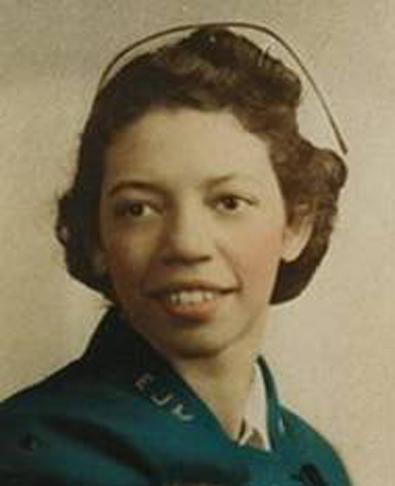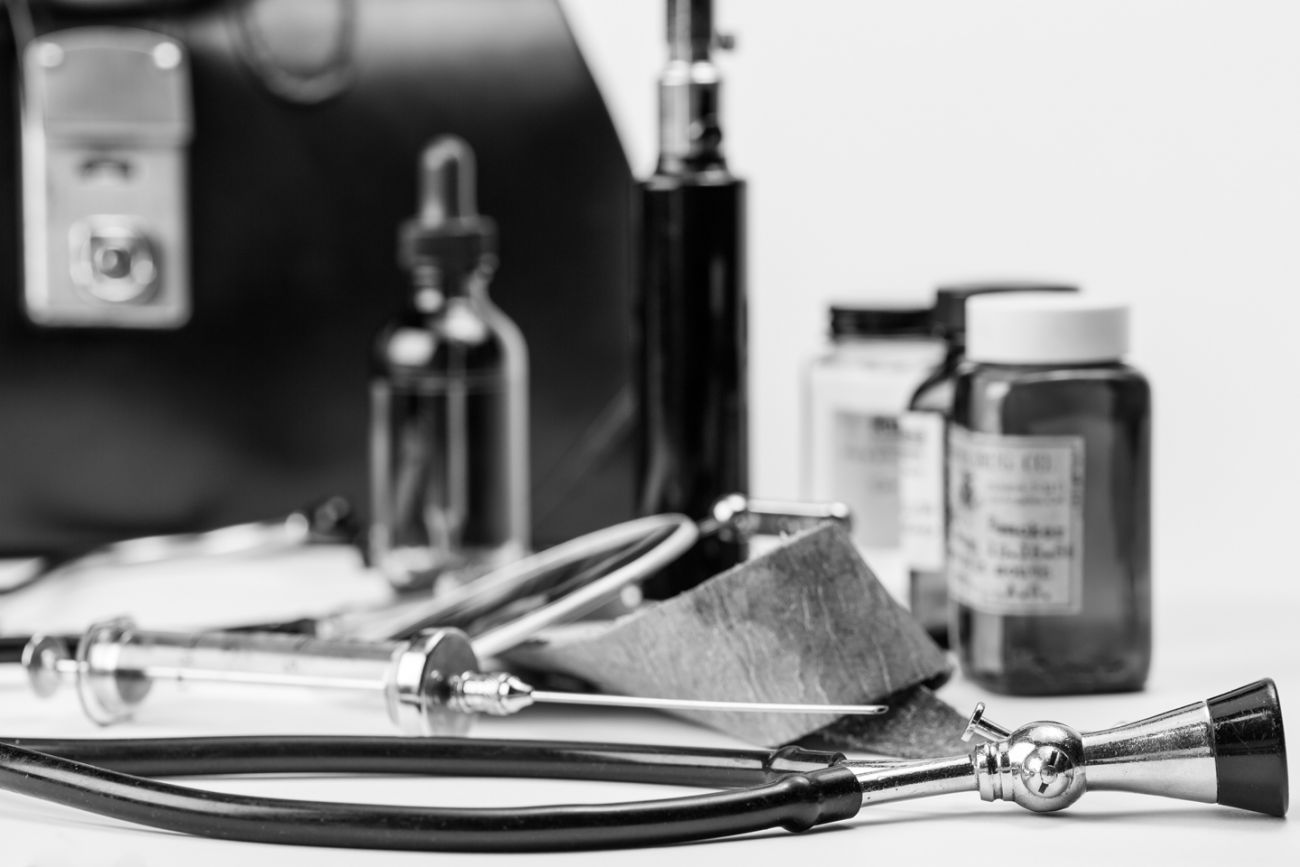Notable African Americans in cancer care
As we conclude Black History Month, we look at some of the major achievements in medicine by highlighting five African Americans who made their mark in cancer research. These individuals were among the first of their ethnic group to make significant contributions to the medical field and helped pave the way for others. Read about these hardworking visionaries that changed the face of cancer for countless patients throughout the world:
Eva M. Noles (1919-2015)

Eva M. Noles was the first African-American woman to train and graduate as a registered nurse in Buffalo, NY. She climbed through the ranks, breaking race barriers at every step, until she became the director of nursing at Roswell Park Comprehensive Cancer Center in 1971. Over this time, Eva had opportunities to work with renowned Roswell Park doctors and researchers. She dedicated her life to nursing, but also to community service and outreach.
Eva served on many local and national committees, including the NYS Board of Nursing and the American Nurses Association. She also served on the Buffalo General Hospital Board of Trustees and the Community Mental Health. Eva founded the New York State Nurses Week in 1970, which has been celebrated ever since from May 24 - 30. Eva continued to be an inspiration for many people and is often referred to as the consummate example of inspiration and determination for many.
Every year, Roswell Park awards the Eva M. Noles Scholarship to offer assistance with education related expenses to eligible members of underrepresented groups who wish to pursue a career in health care.
May Edward Chinn (1896-1980)
May Edward Chinn was the first African-American woman to graduate from Bellevue Hospital Medical College and the first African-American woman to intern at Harlem Hospital. But because of her race, she could not receive privileges to work at these hospitals, so she started her own family practice. In her private practice, she provided care for patients who would not otherwise receive treatment. Many were poor and lived in dangerous neighborhoods. Her interest in early cancer diagnosis developed during these years, as she saw many patients who were very ill with terminal diseases, often late-stage cancer. Because of this, she became a strong advocate of early cancer screening. May was then hired at the Strang Clinic to conduct research on cancer. Her work in cancer research helped in the development of the Pap smear, a test for early detection of cervical cancer. In 1975, she established a society to promote African American women to attend medical school.
William Edward Allen, Jr. (1903-1981)
As a radiologist, researcher, teacher and community leader, William Edward Allen Jr. achieved notable success in the field of radiology during its development in the 1930s. He made considerable advances in shaping radiology as a science and profession and worked tirelessly to increase access to education for other African Americans. Credited with being the first African-American certified x-ray technician, William established one of the first approved residencies in radiology for minorities in the late 1930s. In 1974, he was responsible for the first cobalt treatment unit to be introduced in Western Africa, and was the first African American to receive the American College of Radiology's highest honor, the Gold Medal. William’s career shaped the emerging fields of radiology and radiation oncology. His later research focused on nuclear medicine and radiation therapy in prostate tumors and cervical cancer.
We Set the Model
50 years as an NCI-designated comprehensive cancer center and more than a century leading the way. Learn more about Roswell Park's place in history as we became a model for other cancer centers around the world.
Learn MoreMyra Adele Logan (1908-1977)
Myra Adele Logan is thought to be the first African-American woman elected a fellow of the American College of Surgeons. Not only was she a pioneer in performing the first open heart surgery as a woman, she published the results of her research on new antibiotic drugs, which saved countless lives. In the 1960s, Myra worked on new diagnostic techniques for breast cancer. Her research allowed her to develop a more accurate x-ray process that could detect differences in the density of tissue and discover tumors earlier.
Jane Cooke Wright (1919-2013)
Jane Cooke Wright was a pioneer in cancer research noted for her contributions to chemotherapy. She is recognized for developing the technique of using human tissue culture to test the effects of potential drugs on cancer cells. Exploring this relationship allowed her to develop new techniques for administering chemotherapy that resulted in the production of effective dosing levels that saved many lives. In 1967, at a time where there were only a few hundred female African-American physicians in the US, she became the highest-ranking African-American woman at a nationally recognized medical institution.
